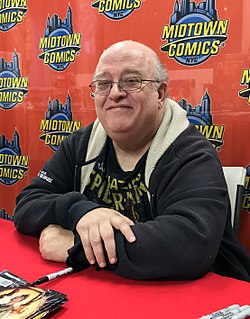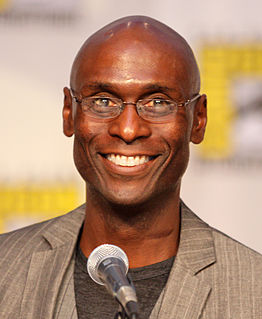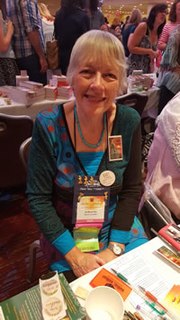A Quote by Iain Banks
The trouble with writing fiction is that it has to make sense, whereas real life doesn't.
Related Quotes
Truth usually makes no sense. If your desire is for everything to make perfect sense, then you should take refuge in fiction. In fiction, all threads tie together in a neat bow and everything moves smoothly from one point to the next to the next. In real life, though... nothing makes sense. Bad things happen to good people. The pious die young while the wicked live until old age. War, famine, pestilence, death all occur randomly and senselessly and leave us more often than not scratching our heads and hurling the question 'why?' into a void that provides no answers.
In a sense, journalism can be both helpful and detrimental to a writer of fiction because the kind of writing you need to do as a journalist is so different. It has to be clear, unambiguous, concise, and as a writer often you are trying to do things that are more ambiguous. I find that writing fiction is often an antidote to reading and writing too much journalism.
what a writer does is to try to make sense of life. I think that's what writing is, I think that's what painting is. It's seeking that thread of order and logic in the disorder, and the incredible waste and marvelous profligate character of life. What all artists are trying to do is to make sense of life.
I guess it must be a time-of-life thing, looking back and trying to make some sense of who I am and where I've been. It's a weird thing, having to give an account of yourself, to try to make sense of yourself for yourself. I'm not that old, but I have been writing fiction professionally for a long time now. I started so young and went so hard for so long. And I guess it was about feeling I had the space to look over my shoulder.
The process of writing fiction is totally unconscious. It comes from what you are learning, as you live, from within. For me, all writing is a process of discovery. We are looking for the meaning of life. No matter where you are, there are conflicts and dramas everywhere. It is the process of what it means to be a human being; how you react and are reacted upon, these inward and outer pressures. If you are writing with a direct cause in mind, you are writing propaganda. It's fatal for a fiction writer.
You can tell a book is real when your heart beats faster. Real books make you sweat. Cry, if no one is looking. Real books help you make sense of your crazy life. Real books tell it true, don't hold back and make you stronger. But most of all, real books give you hope. Because it's not always going to be like this and books-the good ones, the ones-show you how to make it better. Now.





































